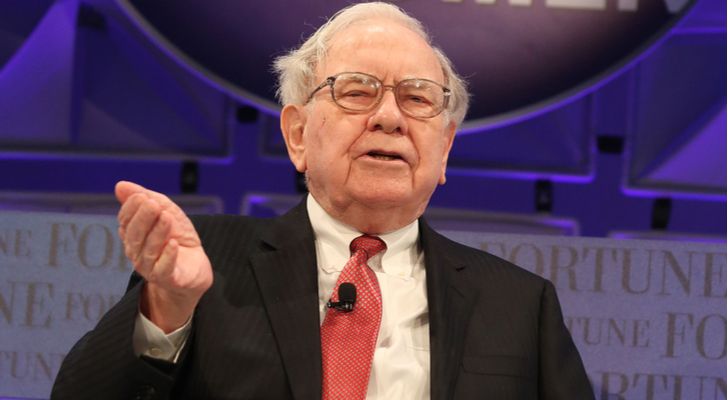Investors are often advised to follow the “smart money.” However, the meaning of that statement can often seem vague. Does it mean that they should buy a stock such as Amazon (NASDAQ:AMZN) because of its gains recently? Or does it mean that they should follow an advisor’s advice to buy Canopy Growth (NYSE:CGC) because cannabis has suddenly become a popular sector? Definitions of smart money can vary. However, given the nature of smart money, investors will likely generate higher returns by becoming a protégé of smart money instead of a follower of it.
What Is Smart Money?
The term “smart money” derived from gambling. In gambling, it involves placing bets in the same times and places as successful gamblers. At least in most aspects, investing in stocks is different than gambling. But the concept of “smart money” is the same in stocks as it is in gambling. Following the smart money in investing involves finding the most successful investors and buying the same stocks that they do.
Choosing gurus who qualify as “smart” remains difficult. Most investing professionals fail to beat the S&P 500 over the long-run. Many professionals enjoy a strong track record for awhile but eventually fail, becoming “dumb money” in the process. Unfortunately, even dumber money often follows these people, causing some average investors to lose it all and, even worse, to avoid the market forever.
The Problem With Following Smart Money
Most people would consider Warren Buffett to be a highly intelligent investor. With his celebrity status and successful investment record going back to the 1950s, many followers of the smart money concept turn to him. Also, anyone can easily look up the latest update of his investment portfolio online. They can also tie themselves to his success by buying stock in his company, Berkshire Hathaway (NYSE:BRK.A, NYSE:
BRK.B).
Buffett demonstrates both the benefits and drawbacks of following highly skilled investment professionals. Investors should realize that the updates on Buffett’s portfolio that they see can be released several months after his company actually purchases stocks. In other words, he does not release information about transactions in real time. For example, an update released in mid-August could detail transactions that occurred as early as April. More knowledgeable investors can assess whether some of his picks remain good investments. However, decisions that made sense in April may not pan out so well in August.
Also, Buffett is an accredited investor. Accredited investors, who must have a certain level of net worth and income, can make investments that are unavailable to “average” individuals. Moreover, Buffett does not only have to buy stocks; he can choose to buy entire companies. When he buys companies, the public may not see important details about the transactions, limiting what other investors can learn from such deals.
Accredited investors can also make other types of deals with companies that most investors cannot carry out. For example, during the financial crisis, Buffett made a $5 billion emergency loan to Goldman Sachs (NYSE:GS). In return, Goldman gave him preferred stock with a 10% dividend and the right to buy common GS stock at $115 per share at a later time. Buffett made a $3.7 billion profit by the time Goldman redeemed his preferred shares. The preferred GS stock was only available to him.
Seek Mentors Instead
In Buffett’s defense, I believe that he does as much as he can, within the confines of the law, to help his followers. If he released day-to-day trading information, people would follow his every move, and he would have undue influence on trading. Also, he frequently provides general investment advice. Anyone can find that information online. So, even if one can never meet Buffett, he can serve as a mentor.
Moreover, the most comprehensive advice Buffett offers probably comes from his mentor, Benjamin Graham. Buffett’s professor at Columbia, Graham wrote a book called The Intelligent Investor in 1949.This book remains widely read to this day. It still serves as a valuable resource that people can use to learn to invest like the smart money.
The Bottom Line
Investors should try to emulate the general practices of smart money, instead of blindly following it. Following the smart money may not work because many so-called gurus end up becoming “dumb money” in the end. Also, even when investors find truly intelligent investors, their portfolios only offer a limited and untimely view of their transactions. Given this reality, the most likely path to success lies in learning to think like the smart money, rather than trying to follow it exactly.
As of this writing, Will Healy did not hold a position in any of the aforementioned stocks. You can follow Will on Twitter at @HealyWriting.

